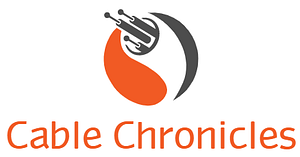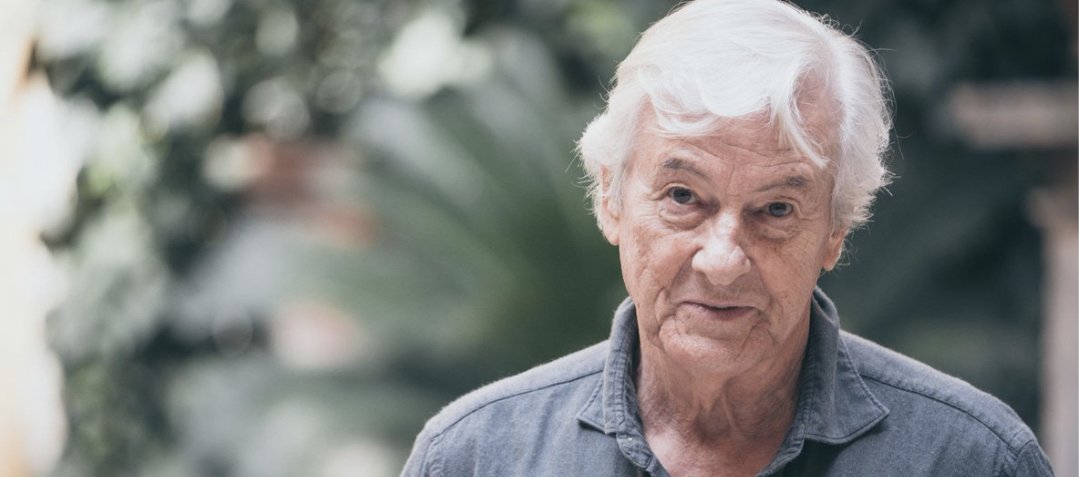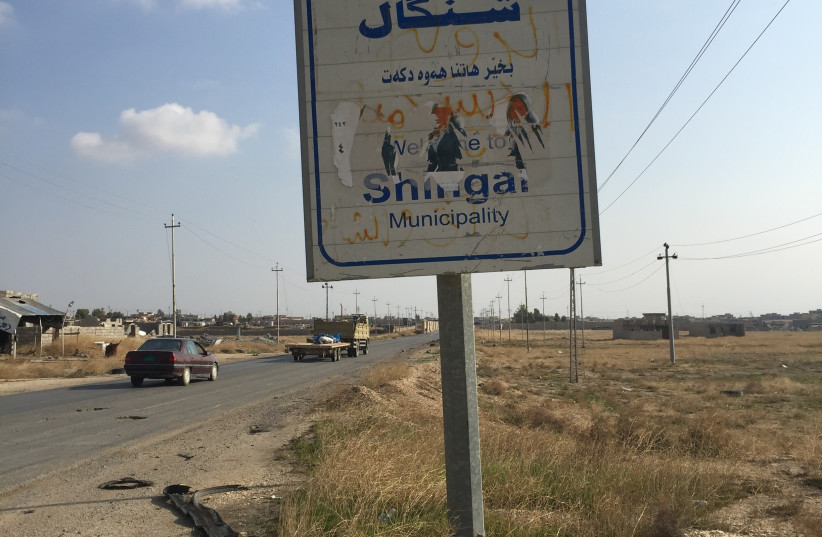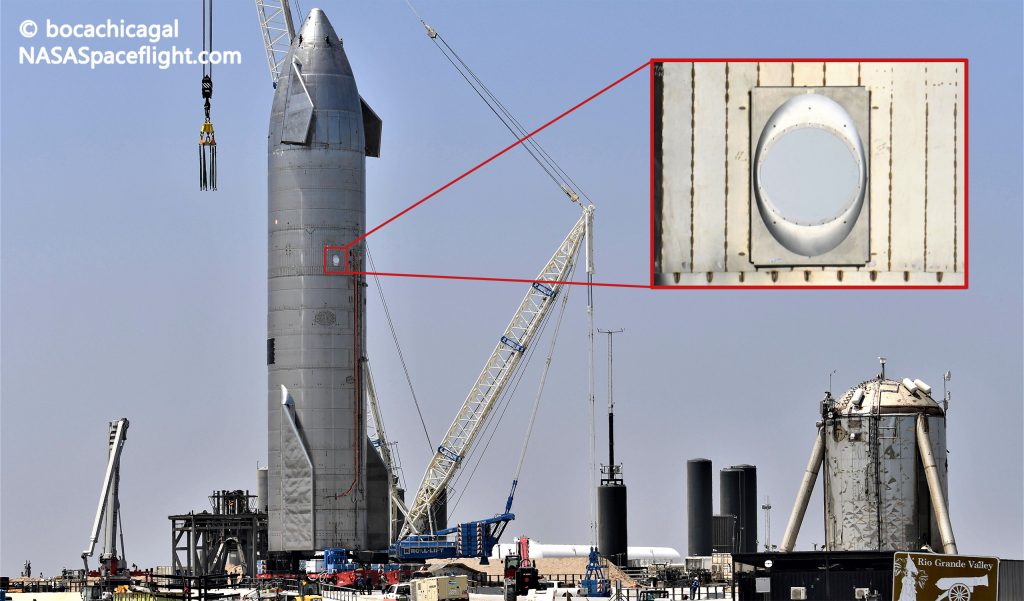
Facebook a commencé à restreindre la visualisation et le partage de nouvelles sur le réseau social en Australie en réponse à un projet de loi qui obligerait les plateformes numériques à payer les éditeurs pour le contenu.
Brent Lewin / Getty Images
L’été dernier, Facebook a lancé un avertissement sévère au gouvernement australien au sujet d’un projet de loi qui obligerait le géant des médias sociaux à payer les éditeurs: approuvez-le et nous limiterons l’actualité en Australie.
« En supposant que ce projet de code devienne loi, nous arrêterons à contrecœur d’autoriser les éditeurs et les personnes en Australie à partager des informations locales et internationales sur Facebook et Instagram », a déclaré en août Will Easton, qui gère les opérations de Facebook en Australie. Nouvelle-Zélande. article de blog. « Ce n’est pas notre premier choix, c’est notre dernier. »
Mercredi, Facebook a appuyé sur la gâchette, avant même que le code de négociation des médias d’information, qui concerne également Google, ne devienne loi. La décision a été importante et controversée étant donné le nombre croissant de personnes qui comptent sur le réseau social pour obtenir des informations sur des sujets allant de le coronavirus à la politique. Le mouvement de représailles a rapidement suscité l’indignation des politiciens, des groupes de défense des droits civiques et de la presse, qui y voient un autre exemple de la raison pour laquelle le pouvoir des Big Tech doit être contrôlé.
What’s happening in Australia is likely a taste of what’ll happen in other parts of the world. Politicians in the EU and Canada have said they’re following the developments carefully. France has already pushed Google into paying publishers.
Here’s what you need to know about Facebook, Google and the proposed law.
What’s this proposed law all about? If I’m not in Australia, why should I care?
Australia says traditional news outlets are struggling to compete with Google, Facebook and other tech companies for advertising dollars, a widely though not universally held belief. That threatens the news industry, which is seen as an important part of democratic societies, keeping citizens informed and holding the powerful in check. Australia wants to level the playing field. Other countries are thinking about similar laws and regulations too.
Under the proposal, which was introduced in the Australian Parliament in December, news businesses would bargain individually or collectively with Facebook and Google so they get paid for their content. The government could extend the scope of the law to include other platforms in the future if it has enough evidence of a « bargaining power imbalance. » If media outlets and digital platforms can’t reach an agreement, an independent arbitrator would make a decision. The law also requires that Facebook and Google give news outlets « clear information about the data they collect through users’ interactions with news on digital platforms. »
The companies are worried that Australia will set a precedent. And they have good reason to be concerned. A minister in Canada cited Australia’s example as he called for Google and Facebook to pay publishers in his country, and a member of the European Parliament previously told CNET he wants to integrate similar measures into upcoming EU legislation. Australian Prime Minister Scott Morrison is going on the offensive, on Thursday calling his Indian counterpart, Narendra Modi, to shore up support from a country that’s home to more Facebook users than any other. More calls with world leaders are likely to follow.
How have Facebook and Google reacted to the proposal?
Facebook and Google don’t like the proposed law but have responded differently. Though Google initially threatened to pull its search product out of Australia, the company eventually struck agreements with major publishers, including a three-year deal with Rupert Murdoch’s News Corp. The deals involve Google News Showcase, which highlights news articles curated by publishers, a service through which Google has pledged $1 billion to outlets around the world. The deals follow a pattern similar to that of an agreement struck in France, where, after a protracted battle with the government, Google agreed to shell out millions of euros to some publishers.
Facebook says the proposed law « misunderstands » its relationship with news outlets, failing to take into account its role in driving readers to publishers. Publishers benefit from the social network because it « allows them to sell more subscriptions, grow their audiences and increase advertising revenue, » the tech giant says. News content is less than 4 percent of what people see in their News Feeds, Facebook says, but generated about 5.1 billion in free referrals to Australian publishers. Facebook estimated those referrals to be worth AU$407 million ($315 million).

Facebook notified Australian users on the social network about why it was restricting the viewing and sharing of news on its platform.
Robert Cianflone/Getty Images
OK. So Facebook went ballistic in Australia. Does that affect me?
Depends on how interested you are in the land Down Under. If you’re in Australia, you won’t be able to view or share news on the platform. Users who’ve tried get a notice saying the company has restricted sharing in response to the proposed law.
The social network has also blocked critical government pages, such as the Bureau of Meteorology, which people turn to for weather updates during Australia’s bushfire season. Facebook said government pages shouldn’t be impacted and that it would restore them. Users also reported that they couldn’t view or share content from charities and other government services.
Even if you aren’t in Australia, Facebook’s decision could affect you because news from Australian publishers can’t be viewed or shared. So the Facebook Pages for Australian news outlets don’t display news.
What’s the reaction been?
Pretty predictable.
« These actions will only confirm the concerns that an increasing number of countries are expressing about the behavior of Big Tech companies who think they are bigger than governments and that the rules should not apply to them, » Prime Minister Scott Morrison said in a Facebook post.
Even though Facebook went nuclear on news in Australia, the parties are still talking. « Today I had a further conversation with Facebook’s Mark Zuckerberg, » Australian Treasurer Josh Frydenberg tweeted Thursday, referring to the social network’s boss. « We talked through their remaining issues and agreed our respective teams would work through them immediately. We’ll talk again over the weekend. »
Today I had a further conversation with Facebook’s Mark Zuckerberg.
We talked through their remaining issues & agreed our respective teams would work through them immediately. We’ll talk again over the weekend.
I reiterated Australia remains committed to implementing the code.
— Josh Frydenberg (@JoshFrydenberg) February 18, 2021
Officials in other countries also watched the battle play out.
Canadian Heritage Minister Steven Guilbeault, who oversees the country’s media, pledged on Thursday to make Facebook and Google pay publishers in his country. Canada may adopt Australia’s model, Guilbeault said, adding that he’d been in contact with officials in France, Germany and Finland about the issue.
« I suspect that soon we will have five, 10, 15 countries adopting similar rules, » he said, according to local media. « Is Facebook going to cut ties with Germany, with France? »
Last week, Alex Saliba, a Maltese politician and member of the European Parliament, told CNET he hopes to integrate measures like Australia’s into upcoming legislation. Saliba is acting rapporteur for the proposed Digital Services Act, EU legislation that would hold major tech companies responsible for illegal content that circulates on their platforms. Alongside the Digital Markets Act, the DSA is part of proposed EU legislation designed to clamp down on Big Tech.
« I believe that it’s only fair that [Facebook and Google] rembourser un montant équitable en échange de ces avantages « , a-t-il déclaré à CNET dans un communiqué. » La seule question est de savoir si le DSA et le DMA … sont la législation appropriée pour introduire un tel système. »
Dites-m’en plus sur ces accords que Google conclut avec les éditeurs.
Google a lancé la vitrine des actualités en Australie au début du mois de février, alors qu’un comité sénatorial réfléchissait à l’adoption de la loi sur le code de négociation des médias. Au départ, sept petits éditeurs ont participé avec News Corp. et Nine Entertainment, les deux plus grandes entreprises faisant pression pour le code des médias, rejetant l’invitation de Google à se joindre.
À l’approche de la facture, Google a fait des offres plus généreuses. Nine Entertainment et Seven West, deux des plus grandes sociétés de médias du pays, ont conclu des accords d’une valeur de plus de 30 millions de dollars australiens (23 millions de dollars) par an. News Corp. a suivi un accord mondial qui verra des journaux comme le Wall Street Journal, The Times et The Australian venir à News Showcase pour une compensation «significative».
Un texte de présentation sur la page d’accueil de recherche de Google l’année dernière a averti les Australiens que le projet de code multimédia pourrait aggraver la recherche. Maintenant, il lit: « News Showcase a maintenant plus de 73 publications partenaires en Australie. Lire les nouvelles. »








![Les bundles PS5 et Xbox Series X sont disponibles sur GameStop [UPDATE: Sold Out]](https://cdn.vox-cdn.com/thumbor/TRNOGkwP-9WJo6OJdB0e-EeFdk8=/0x146:2040x1214/fit-in/1200x630/cdn.vox-cdn.com/uploads/chorus_asset/file/21990372/vpavic_4261_20201023_0068.jpg)